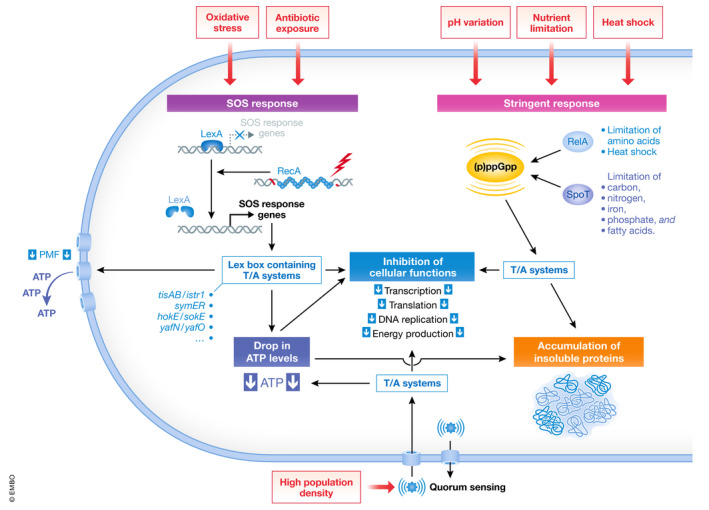Figure 2. Environmental triggers of antibiotic persistence and bacterial response mechanisms.

Environmental stressors such as oxidative stress and antibiotic exposure can trigger the bacterial SOS response via induction of RecA expression and the upregulation of the Lex box containing TA systems leading to a drop in ATP levels and a downregulation of essential cellular functions, e.g. transcription, translation, DNA replication and energy production. Other stressors such as pH changes, heat shock and starvation trigger the stringent response via production of (p)ppGpp, mainly by SpoT and RelA, and activation of toxin/antitoxin systems leading to the inhibition of essential cellular functions. Low intracellular ATP levels can favour the accumulation of insoluble proteins, a feature linked to increased antibiotic tolerance and dormancy. Additionally, high population densities can inhibit cellular functions via quorum sensing and T/A systems. External triggers/signals are shown in red boxes. Abbreviations: T/A, antitoxin/toxin; PMF, proton motive force.
